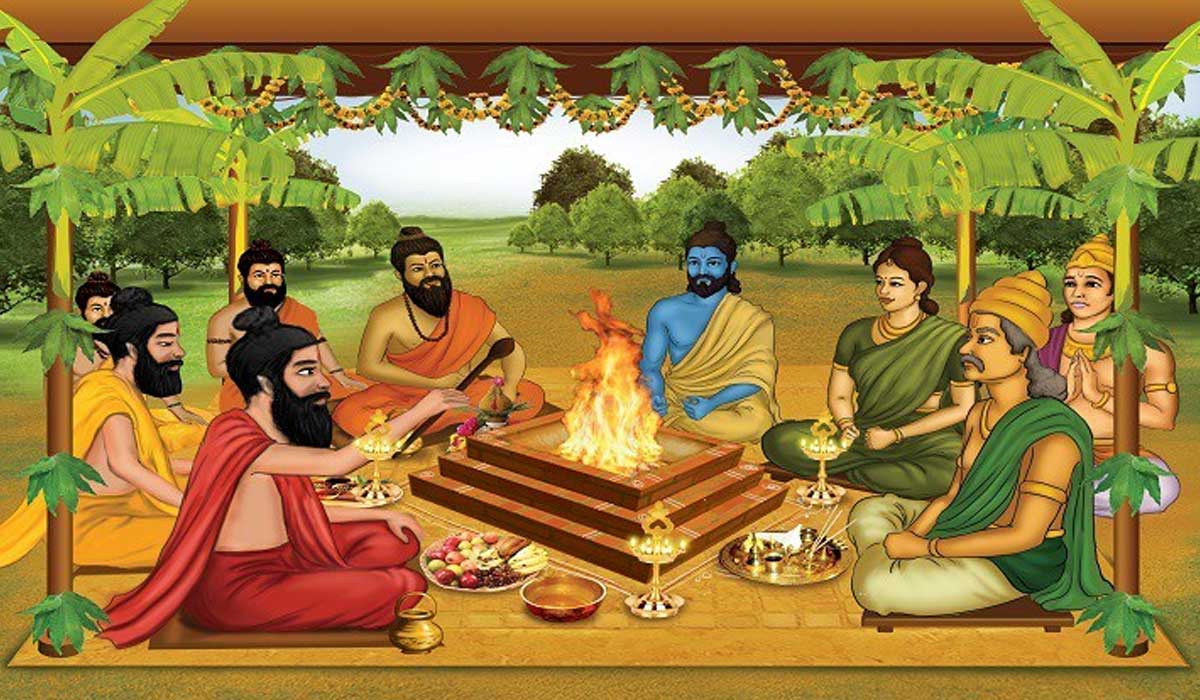Ashwamedha Yagya is performed for various reasons. It is organized for the social welfare and development of the community. This ritual showcases the determination towards wealth, resources, and development for society. Additionally, the objective of Ashwamedha Yagya is to seek the blessings of God and to worship Him. This Yagya establishes religious and spiritual importance and inspires the moral integrity of society.
Ashwamedha Yagya is also conducted to garner social support. Through this event, different sections of society are encouraged to participate and contribute to the worship of God. For all these reasons, Ashwamedha Yagya remains an important tradition in Indian society, significant from political, religious, and social perspectives.
The term "Ashwa" means horse, symbolizing rampant societal vices that we witness and experience daily. "Medha" signifies the eradication of all such vices and faults from their very roots. The purpose of the Ashwamedha Yagya is to awaken the emotional consciousness of the people, to stir the collective awareness of the nation, and to propagate a new energy that leads to the elimination of demonic tendencies.
According to various scriptures, the description of Ashwamedha Yagya suggests that when a king conquered other kings in battles and made them prisoners or killed his enemy kings in battles, and acquired all his wealth, then the royal priest advised him to perform the Ashwamedha Yagya so that he could be adorned with the title of 'Digvijayi Raja'.
Beginning of Ashwamedha yajna
According to mythological beliefs, the Ashwamedha Yajna,commenced during the spring or
summer seasons. Prior to this Yajna, various rituals were performed over a year's time,
accompanied by cultural programs and festivals in the city. The initiation of the Ashwamedha
Yajna holds significant importance in Indian culture as an ancient ritual. It begins with a
specific ceremony conducted by the king or his representative. The Yajna performer, along
with his family, engages in various rituals, recitations of mantras, and arrangements for
worship. As the name suggests, the Ashwamedha Yajna is associated with horses. A
particular horse is chosen for the Yajna, which holds paramount importance and the
selection process is crucial.
Upon completion of the Yajna, the king releases his horse freely, followed by his army. Local
people eagerly await the horse's journey, and any king who obstructs or steals the horse has
to engage in battle with the Digvijayi Raja. If, for any reason, the king loses the horse, the
Yajna is completed with another horse. It is believed that regions where the Ashwamedha
Yajna has been performed have experienced a significant reduction in crimes and
aggressiveness.








